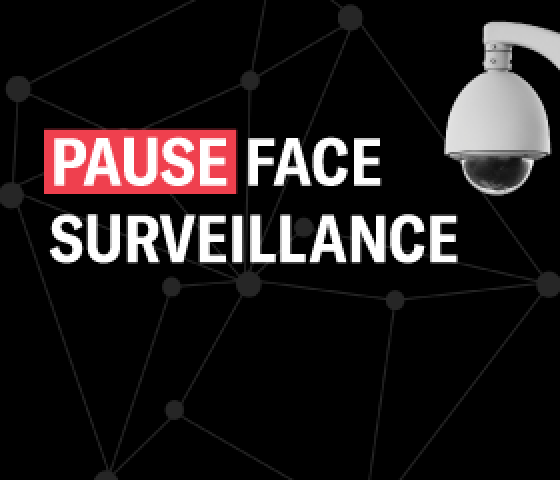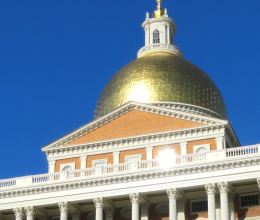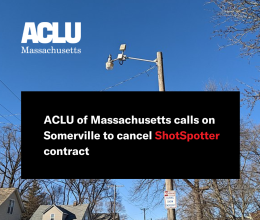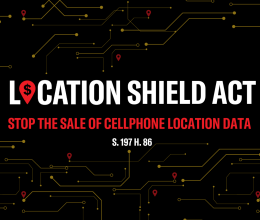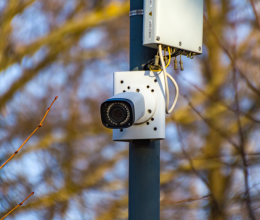The ACLU of Massachusetts, together with 24 advocacy organizations, today sent a letter urging the Massachusetts Board of Elementary and Secondary Education to ensure that schools across the state do not implement face surveillance technology. The letter asks the Board to ban the use of this technology in all Massachusetts elementary, secondary, and vocational-technical schools.
“Face surveillance technology has no place in our classrooms,” said Carol Rose, executive director of the ACLU of Massachusetts. “Schools are meant to be safe environments for students to learn, explore, and play. Rife with racial bias and privacy concerns, face surveillance technology threatens that environment. Massachusetts has the opportunity to demonstrate a real commitment to the well-being of students in this digital age by blocking the use of this technology in schools.”
Together with the ACLU of Massachusetts, the letter was signed by the American Federation of Teachers; Boston Student Advisory Council/Youth on Board; Boston Teachers Union; Campaign for a Commercial Free Childhood; the Center for Law and Education; Citizens for Juvenile Justice; the Charles Hamilton Houston Institute for Race and Justice at Harvard Law School; the Education Law Task Force; Greater Boston Legal Services; Jewish Alliance for Law and Social Action; Jobs with Justice; League of Women Voters – Massachusetts; Massachusetts Education Justice Alliance; Massachusetts Advocates for Children; Massachusetts Communities Action Network; Massachusetts Gay and Lesbian Political Caucus; Massachusetts Transgender Political Coalition; Mental Health Legal Advisors Committee; Massachusetts Law Reform Institute; Massachusetts Teachers Association; NAACP, New England Area Conference; National Association of Social Workers – Massachusetts; the Public Higher Education Network of Massachusetts; and Welcome Project.
The letter asks the Board of Elementary and Secondary Education to stop face surveillance in schools before it begins. Emails obtained by the ACLU of Massachusetts indicate private technology companies are aware that public schools are a potential market for their surveillance products. But, according to advocates and educators, face surveillance technologies pose serious privacy and safety risks for students.
“Our education dollars should be spent on direct services to our students such as creating small, safe, and nurturing learning environments,” said Beth Kontos, president of AFT Massachusetts. “We need more classroom supports, more counselors, and a nurse in every school. Facial recognition is a faulty and expensive technology that will only decrease the school participation of our families.”
"All children deserve a fair and equitable opportunity to learn, reach their potential, and thrive,” said Jerry Mogul, executive director at Massachusetts Advocates for Children. “To that end, schools should be inclusive, safe, and supportive. Face surveillance technology would interfere with our learning environments and school cultures, and impact our young people.”
According to the letter, school use of face surveillance technology particularly raises concerns about using a flawed and biased tool to police students in school districts serving immigrants, people of color, and low-income families. Studies show face surveillance algorithms reinforce racial and gender biases with inaccuracy rates up to 35 percent for Black women. In schools, false positives may result in unnecessary interactions with law enforcement, lost class time, disciplinary action, and potentially even a criminal record.
The ACLU of Massachusetts recently launched “Press Pause on Face Surveillance,” a new campaign to build awareness about the civil liberties concerns posed by face surveillance technology and the need to pause government’s use of the technology. An ACLU-backed bill currently before Massachusetts legislators on imposes checks and balances to protect the public’s interest. Cities like Cambridge and Somerville are taking action to bring this technology under democratic control by introducing and enacting municipal bans.
